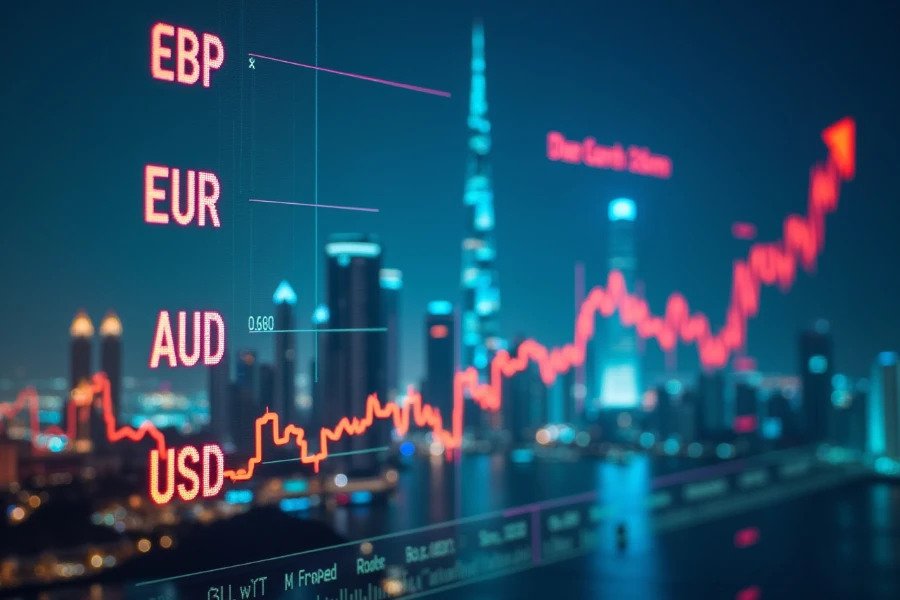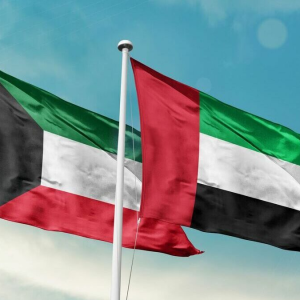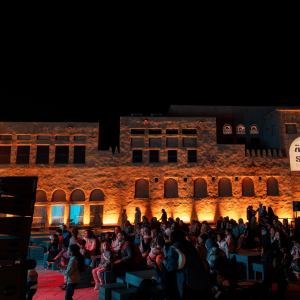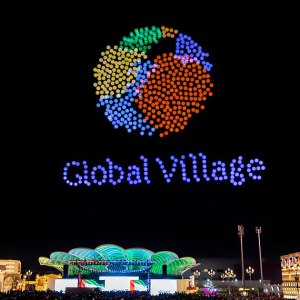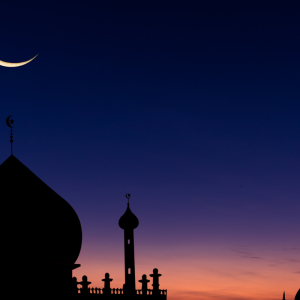Property Boom Dubai’s property market, which witnessed an astonishing 70% surge since 2021, is now entering a phase of cautious watchfulness as new global developments begin to reshape investor sentiment. At the heart of this changing landscape is former U.S. President Donald Trump’s announcement of sweeping import tariffs—policies that have already begun to rattle financial markets and stir questions over the sustainability of Dubai’s real estate rally. With expatriates historically fueling much of the emirate’s property demand, the potential impact of these global measures could alter the trajectory of the region’s property sector.
The Power Behind the 70% Rally
Dubai’s property sector has consistently stood out as one of the most resilient and attractive globally. Driven by visionary leadership, world-class infrastructure, and liberal visa policies, the city has evolved into a magnet for global talent and investors alike. The post-pandemic era especially saw a renewed interest from expatriates and high-net-worth individuals from Europe, Asia, and the Americas seeking stable investments in the face of global volatility.
What set Dubai apart was its unique blend of tax-free income, luxury lifestyle, and relatively relaxed pandemic regulations. The city’s proactive governance, paired with significant legal reforms—including long-term visas for investors and retirees—acted as a catalyst for a property surge that surpassed regional and global expectations. Properties in prime areas such as Downtown Dubai, Palm Jumeirah, and Dubai Marina saw record-breaking price increases. Developers like Emaar, Nakheel, and Damac reported strong year-on-year growth in revenues, with off-plan property sales dominating headlines.

As the city capitalized on demand, real estate firms not only expanded offerings but also entered into luxury and ultra-luxury segments, marketing homes to the elite global audience. From waterfront villas to branded residences like Bugatti and Cavalli towers, Dubai became synonymous with opulent real estate experiences. This tremendous growth, however, now faces its first major test in the form of international economic uncertainty.
The Trump Tariffs: What’s at Stake?
In April 2025, Donald Trump revealed his intentions to introduce a new set of import tariffs that included a 10% baseline on goods from countries like the UAE and as much as 60% on Chinese imports, escalating trade tensions on the global stage. The potential repercussions of these tariffs could be far-reaching, affecting everything from commodity prices and construction materials to global investor behavior and liquidity flows.

Though Trump is not in office, his influence and prospects for political return, alongside the general shift in American economic policy, have already created market jitters. For Dubai, where many developers and contractors rely on imported materials, a spike in prices could push up construction costs, delay projects, and ultimately impact housing prices and delivery timelines.
More importantly, these tariffs have created an air of unpredictability—something investors universally dislike. International buyers, who once saw Dubai as a refuge from financial instability, may now reassess their portfolios, wary of how intertwined the city is with broader global financial systems.
Investor Sentiment: A Tipping Point?
Following the announcement, the Dubai Financial Market (DFM) saw a moderate decline, particularly among property and construction stocks. Shares of real estate giants such as Emaar and Deyaar dropped as investor caution prevailed. Market analysts quickly weighed in, expressing concerns about short-term slowdowns in investor interest and liquidity movements, especially from U.S. and Chinese buyers.
Real estate consultants across Dubai noted an uptick in inquiries regarding future outlooks and potential delays in planned investments. For some, the apprehension stems not from Dubai’s fundamentals but from the larger web of uncertainties affecting global currencies, interest rates, and trade flows.
Simultaneously, developers are being pressed to reevaluate their supply chains and sourcing strategies. Those heavily reliant on foreign imports are beginning to seek local alternatives or negotiate better terms to buffer against anticipated tariff-driven inflation. While Dubai’s real estate scene is not new to global shocks—from the 2008 financial crisis to the 2020 pandemic—this current challenge is distinct because of its indirect yet impactful nature.
Property Boom : Expatriate Impact and Currency Fluctuations
A crucial layer to Dubai’s property puzzle is its large and economically active expatriate population. Expats from India, Pakistan, Europe, and beyond have long contributed to both property sales and rentals. With currency fluctuations becoming more pronounced due to shifting global trade policies, many expats are reconsidering the timing of property purchases or renewals.
For example, Indian expats, one of the largest property-buying groups in Dubai, have become more cautious due to the strengthening of the Indian rupee against a weakening dollar. While this may seem positive for the Indian community, it complicates remittance strategies and investment planning.
Additionally, many are keeping an eye on interest rate shifts. With the U.S. Federal Reserve and global central banks recalibrating their monetary policies in response to tariffs and inflation, Dubai-based banks could adjust mortgage rates, thereby impacting the affordability index for both residents and foreign buyers.
Will the Rally Stall?
The critical question facing Dubai’s property market is whether the rally will stall—or worse, reverse. So far, there are no dramatic signs of distress. Transaction volumes remain healthy, albeit slightly slower than in Q4 2024. Rental yields continue to offer strong returns, especially in emerging communities like Dubai South and MBR City.
What is likely, however, is a cooling period. Instead of the frenzied buying that characterized the past two years, the market may experience a phase of recalibration. Investors will become more selective, focusing on quality projects, reputable developers, and prime locations with long-term potential.
Luxury and branded residences may still maintain their shine, but mid-tier and mass-market segments could witness pricing corrections if demand slows and supply outpaces expectations. Developers are expected to respond by introducing incentives—waived fees, post-handover payment plans, and discounted service charges—to sustain interest.
Dubai’s Resilience and Strategic Positioning
Despite the headwinds, Dubai is no stranger to navigating complex global scenarios. Authorities have already signaled readiness to intervene with strategic support measures if necessary. From adjusting property-related fees to launching special visas for property owners, the city remains committed to maintaining investor confidence.
Dubai’s pivot toward sustainable and smart developments, as well as mega infrastructure projects like the Etihad Rail, Expo City, and Dubai Economic Agenda D33, continues to inject long-term optimism into the market. The push for diversification away from oil and the embrace of fintech, green energy, and tourism ensure that the emirate is not overly reliant on any one sector.
Moreover, the city’s positioning as a neutral, global hub continues to appeal to investors from geopolitically tense regions. This advantage, if leveraged effectively, could cushion the impact of external economic turbulence and keep capital flowing into the real estate sector.
Conclusion: A Market on Watch, Not in Crisis
Dubai’s property boom has been nothing short of spectacular. But like any global market, it is not immune to external shocks. Trump’s tariff-driven economic shift introduces a new layer of unpredictability, yet it also offers Dubai an opportunity to showcase its adaptability and resilience.
Rather than triggering panic, these developments may usher in a more mature, strategically oriented phase in the property market—one where caution, quality, and long-term planning take precedence over short-term speculation.
For now, stakeholders across the board—buyers, developers, and policymakers—are watching closely, balancing optimism with pragmatism as the next chapter in Dubai’s real estate evolution unfolds.
Do follow Uae stories for more Updates
Gold Rate in Abu Dhabi Today: Prices Shine Amid Global Momentum

